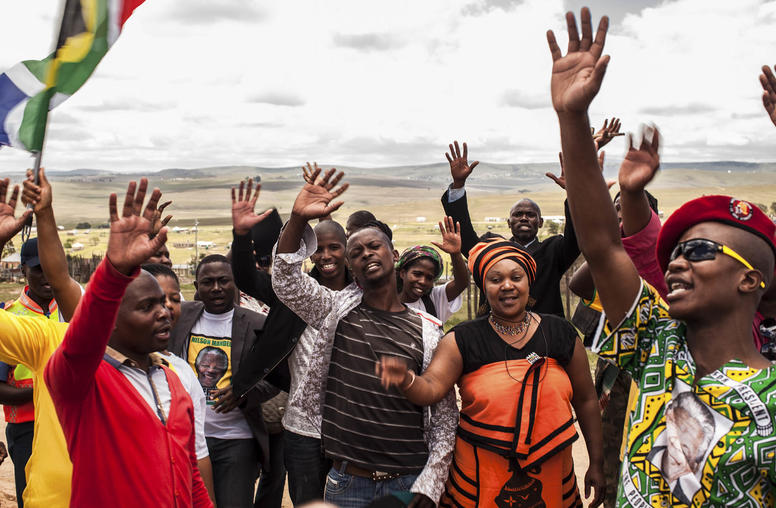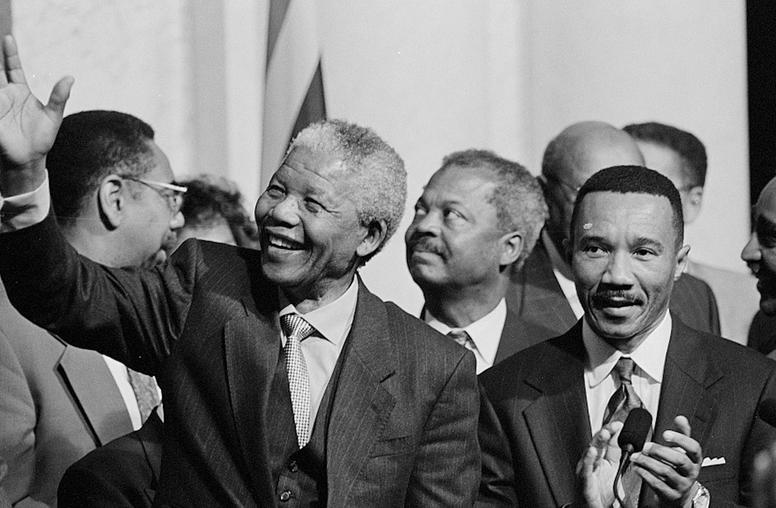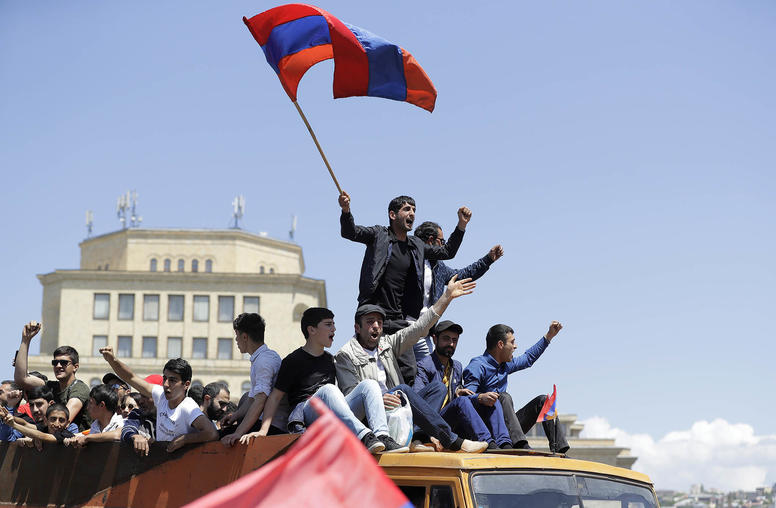When Movements Face Repression
Live on Facebook: How Important is Nonviolent Discipline?
Protest movements are on the rise globally. From Hong Kong to Chile to Lebanon, people are taking to the streets in large numbers to demand social and political change. But protestors that challenge the status quo often face repression from state and nonstate armed actors—over 90% of major nonviolent campaigns from 1900-2014 experienced some form of government repression, often in violation of internationally recognized rights to freedom of expression, assembly, and association. In the face of violent repression, how can movements maintain nonviolent discipline and resilience among their members? And how critical is nonviolent discipline for movement success?
There is increasing evidence that bottom-up nonviolent action can effectively create major positive political changes, from building democracy to promoting human rights. But when nonviolent movements struggle with breakdowns in nonviolent discipline, they risk losing public sympathy and participation or prompting even greater government repression. While it would be unrealistic to assume that movements can always stay totally nonviolent—especially when they often face governments that use the media to frame protests as violent, or that employ agent provocateurs to foment violence among opposing groups—mixing violent and nonviolent tactics remains strategically problematic.
USIP hosted a Facebook Live conversation with civil resistance scholars and experts that shed light on activists’ experiences dealing with violent repression in Hong Kong, Tunisia, and Sudan, as well as the latest research on factors that encourage and sustain nonviolent discipline, particularly when movements encounter violence from police and other security forces.
Speakers
Zied Boussen
Democracy and Human Rights Activist and Researcher
Victoria Hui
Faculty Fellow, University of Notre Dame
Ivan Marovic
Senior Director of Global Training and Movement Support, Rhize
Jonathan Pinckney
Program Officer, U.S. Institute of Peace
Azaz Shami
Human Rights Advocate and Researcher
Johnson Yeung Ching-yin
Human Rights Advocate
Maria Stephan, moderator
Director, Nonviolent Action, U.S. Institute of Peace
Biographies
Zied Boussen
Zied Boussen is a Tunisian activist for democracy and human rights. He works as a researcher covering governance, public policy, and human rights for a research center called Pandora. Zied also works as a trainer focusing on those same topics for Tunisian, Libyan and Moroccan associations.
Victoria Hui
Victoria Tin-bor Hui is an associate professor in political science at the University of Notre Dame. Her research examines the centrality of war in the formation and transformation of China throughout history. She writes and comments frequently on Hong Kong politics for various media outlets.
Ivan Marovic
Ivan Marovic is a leading practitioner in the field of strategic civil resistance. He serves as Director of Global Training and Movement Support for Rhize. He previously was an active member of a youth-led movement in Serbia and has been a consultant for various pro-democracy movements around the world.
Jonathan Pinckney
Jonathan Pinckney is a program officer for the Program on Nonviolent Action at the U.S. Institute of Peace. Previously, he was a Post-Doctoral Research Fellow in the department of Sociology and Political Science at the Norwegian University of Science and Technology. His research examines extra-institutional political contention in non-democracies, with a focus on nonviolent civil resistance.
Azaz Shami
Azaz Shami has more than 15 years of experience in public diplomacy, policy research, and advocacy. She focuses on Africa and the Middle East, with a particular focus on Sudan and the Gulf. She is also an expert trainer on nonviolent resistance, citizen journalism, and peacebuilding.
Johnson Yeung
Johnson Yeung is a Hong Kong human right advocate and activist who works on issues related to freedom of assembly and expression and protection for human rights defenders. He chairs the board of the Hong Kong Civil Hub, which produces briefings on shrinking civic space and builds solidarity with international rule of law and human rights communities.
Maria J. Stephan
Maria J. Stephan directs the Program on Nonviolent Action at the U.S. Institute of Peace. Stephan is a leading expert on civil resistance, authoritarianism, and conflict transformation whose career has straddled the academic, government, and non-governmental sectors. Stephan is the co-author of Why Civil Resistance Works: The Strategic Logic of Nonviolent Conflict.



